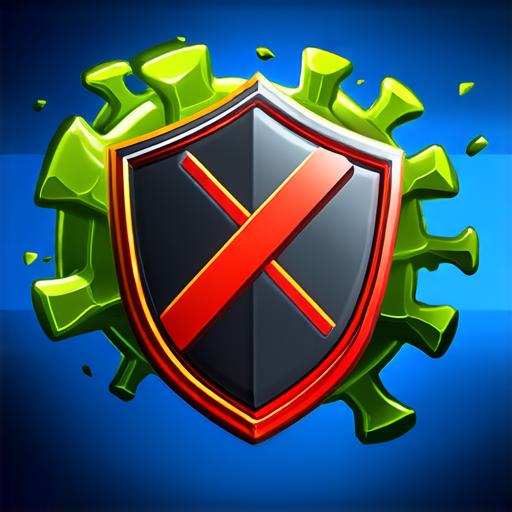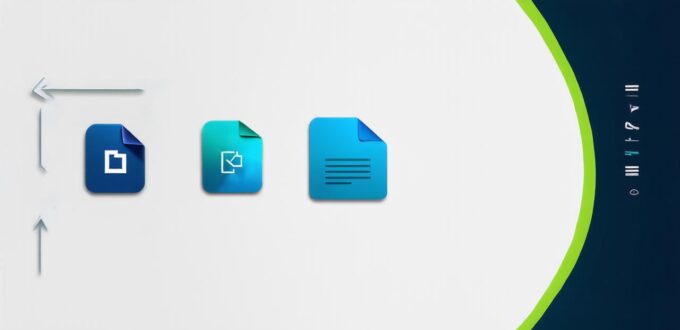Utility software refers to programs that perform tasks on a computer beyond just running applications. These tools can be used by software developers to increase efficiency and productivity in their daily work. In this article, we will discuss 10 examples of utility software that are commonly used by developers.
1. Command line interfaces (CLI)
A CLI is a type of interface that allows users to interact with a computer’s operating system using text commands. This software is particularly popular among software developers, as it can automate repetitive tasks and make it easier to manage files and directories. For example, Git is a version control system that uses a CLI to help developers manage code repositories.
2. File compression tools
File compression tools allow users to compress and decompress files to save space on their computers or send them via email or other file-sharing services. These tools can be especially useful for software developers, who often need to share large files with clients or team members. WinZip is one of the most popular file compression programs, with features like password protection and file splitting.
3. Password managers
Password managers are used to securely store and manage multiple passwords for different accounts. This software can be particularly useful for software developers, who often need to create and remember complex passwords for various online services and tools. LastPass is a popular password manager that allows users to generate random passwords, autofill forms, and more.
4. Screenshot tools
Screenshot tools allow users to capture images of their computer’s screen. This software can be useful for software developers who need to document bugs or share code snippets with clients or team members. Snagit is a popular screenshot tool that allows users to edit and annotate images, as well as export them in various formats.

5. Task managers
Task managers are used to organize and prioritize tasks for both personal and professional use. These tools can be especially useful for software developers, who often need to manage multiple projects and deadlines simultaneously. Trello is a popular task manager that uses boards, lists, and cards to help users stay organized and on track.
6. Text editors
Text editors are used to write and edit code, as well as create other types of text-based documents. These tools can be particularly useful for software developers, who often need to write and debug code quickly and efficiently. Visual Studio Code is a popular open-source text editor that offers features like syntax highlighting, debugging, and version control integration.
7. Time tracking tools
Time tracking tools are used to measure the amount of time spent on various tasks, which can help software developers better manage their workload and improve productivity. Toggl is a popular time tracking tool that allows users to track time spent on projects, tasks, and clients.
8. Virtual private networks (VPN)
Virtual private networks are used to encrypt data transmitted over the internet, providing an added layer of security for online communication and file sharing. These tools can be particularly useful for software developers who need to access sensitive information or work remotely. ExpressVPN is a popular VPN service that offers features like split tunneling and unlimited bandwidth.
9. System monitoring tools
System monitoring tools are used to monitor a computer’s performance, including CPU usage, memory usage, and disk space. These tools can be useful for software developers who need to ensure their computers are running efficiently and identify potential issues before they become serious problems. MSI Afterburner is a popular system monitoring tool that allows users to view and adjust settings like clock speed and fan control.
10. File synchronization tools
File synchronization tools allow users to keep multiple copies of files across different devices, ensuring that data is always up-to-date and accessible. These tools can be particularly useful for software developers who need to work on the same project across different computers or collaborate with team members in real-time.
